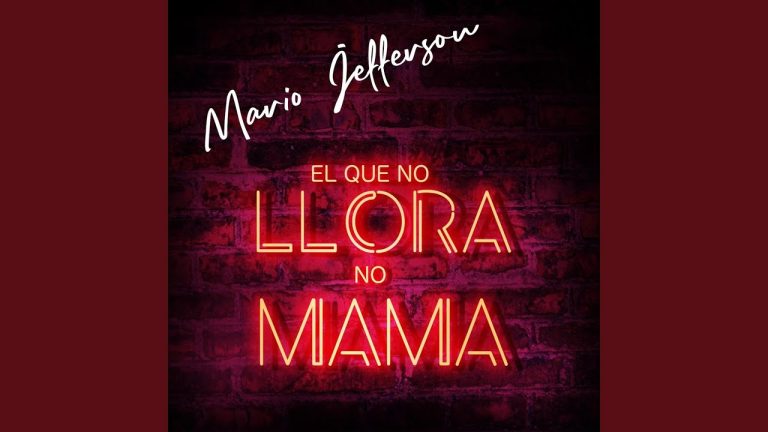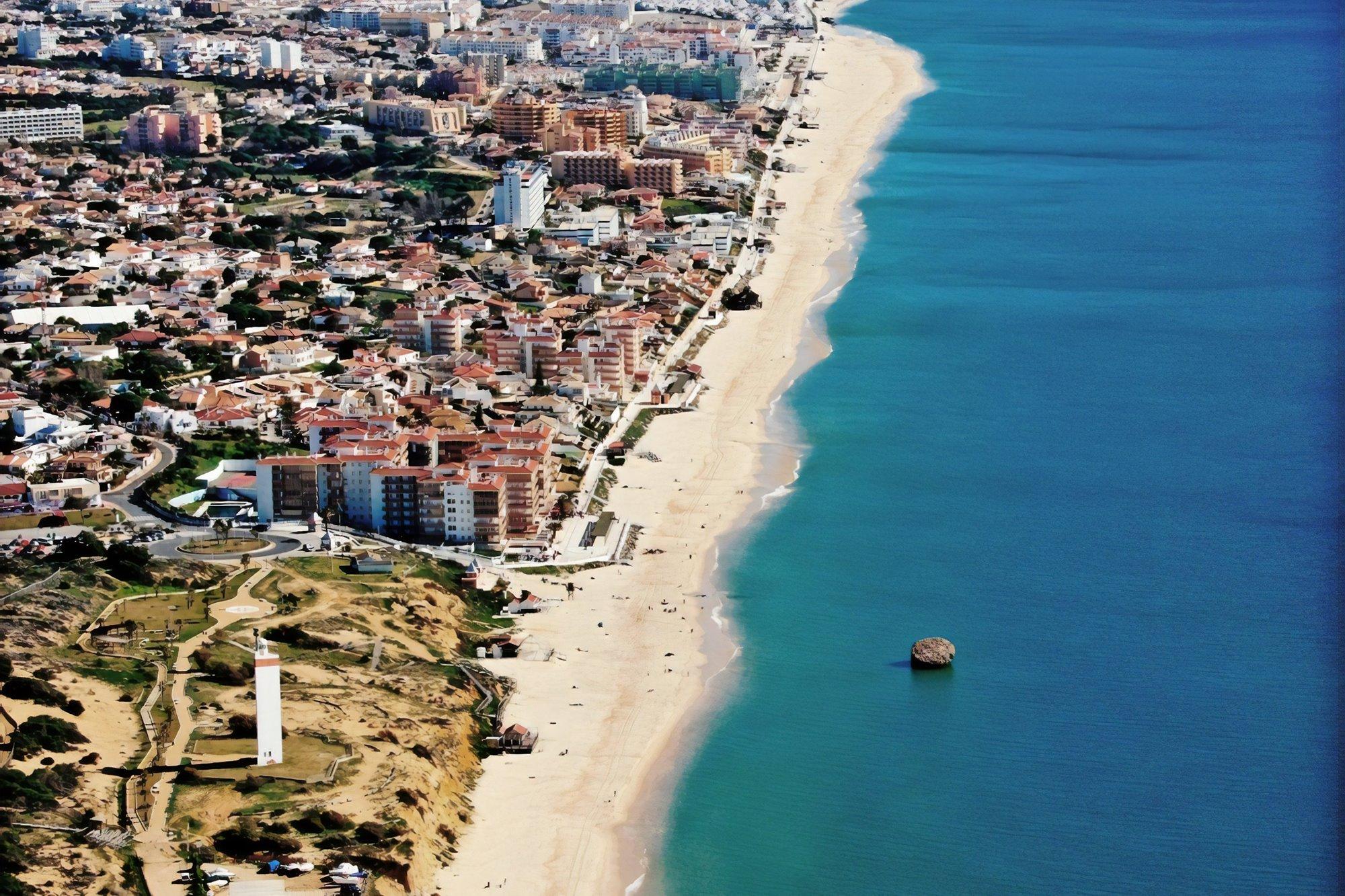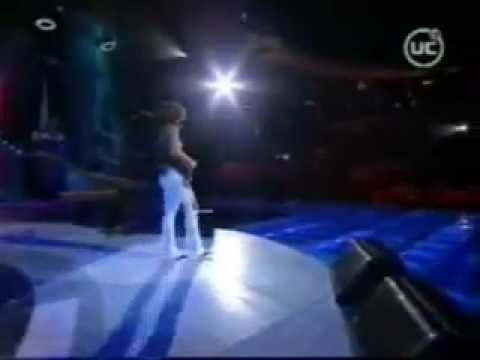Contenidos
El que no llora no mama in english
El que no llora no mama significado
Creo que sería mejor usar la expresión que has encontrado (y que me apunto), que es una frase hecha y literalmente es que sólo la rueda que chirría logra que la engrasen: sólo el que hace ruido logra que le presten atención, lo que transmite la misma idea, me parece
Conozco su traducción literal, pero ¿alguien puede ayudarme con un refrán similar en inglés? Soy inglesa y me cuesta pensar en uno. Sólo se me ocurre “If you don’t ask, you don’t get”.
Por ejemplo, imagina que estás en una clase de estudiantes. El profesor ha fijado el examen para un día determinado. Algunos alumnos se quejan de este horario, porque no les cuadra del todo. El profesor cambia el horario.
El significado de la rueda que chirría es la que se engrasa
Creo que sería mejor usar la expresión que has encontrado (y que me apunto), que es una frase hecha y literalmente es que sólo la rueda que chirría logra que la engrasen: sólo el que hace ruido logra que le presten atención, lo que transmite la misma idea, me parece
Conozco su traducción literal, pero ¿alguien puede ayudarme con un refrán similar en inglés? Soy inglesa y me cuesta pensar en uno. Sólo se me ocurre “If you don’t ask, you don’t get”.
Por ejemplo, imagina que estás en una clase de estudiantes. El profesor ha fijado el examen para un día determinado. Algunos alumnos se quejan de este horario, porque no les cuadra del todo. El profesor cambia el horario.
The squeaky wheel gets the grease
In light of the recent celebration of World Breastfeeding Week, which seeks to promote not only the natural feeding of babies but also the protection of this practice, we will take a look at some of the words related to this activity.
The first document in the CORDE (Spanish Official Dictionary of the Spanish Language and Literature) in which breastfeeding appears dates back to 1400. It is also recorded by Nebrija (1495) and Covarrubias (1611), who says of this word ‘it is to give milk, or to raise, from the name mamma, which means teat, and the kids or lambs that have been sustained by milk alone, without having grazed, are called mamantones’. As we can see, in both definitions, suckling and nursing are actions that make humans similar to mammalian animals. And, perhaps, in this eagerness to mark distance with animals is that other ways of naming them are sought.
Nowadays, the locution “dar de lactar” is quite widespread, which in itself would be redundant, since, as we have seen, it would be enough to say “lactar”. However, the use of the technical term lactar seems to have, once again, a euphemistic purpose, as a substitute for mamar, which by the middle of the 20th century had already acquired a sexual connotation.
He who does not cry, does not suckle origin
In all these cases, it will surely be necessary for the organizers to recite the litanies demanded by the current “pandemic” inquisition; but things are going to get done, and this is what really matters.
“Luckily we are about to open again, and hopefully it will be for a long time”, expressed Natalia Ortiz, stressing that the prospects are good: “since we changed the posters to promote the premieres, people keep asking. We are optimistic, we hope people will come”.
“We have important premieres planned for the whole month, so we expect a good response from people. We’ll see how things kick off and then maybe we’ll modify some things, like advance ticket sales. We will see what happens this week”, he concluded.
Next April 19, the ordinary annual assembly of TAFS will be held, in which the annual report and balance sheet corresponding to the fiscal year expired on October 31, 2020 will be considered, and the whole board of directors will be renewed.







